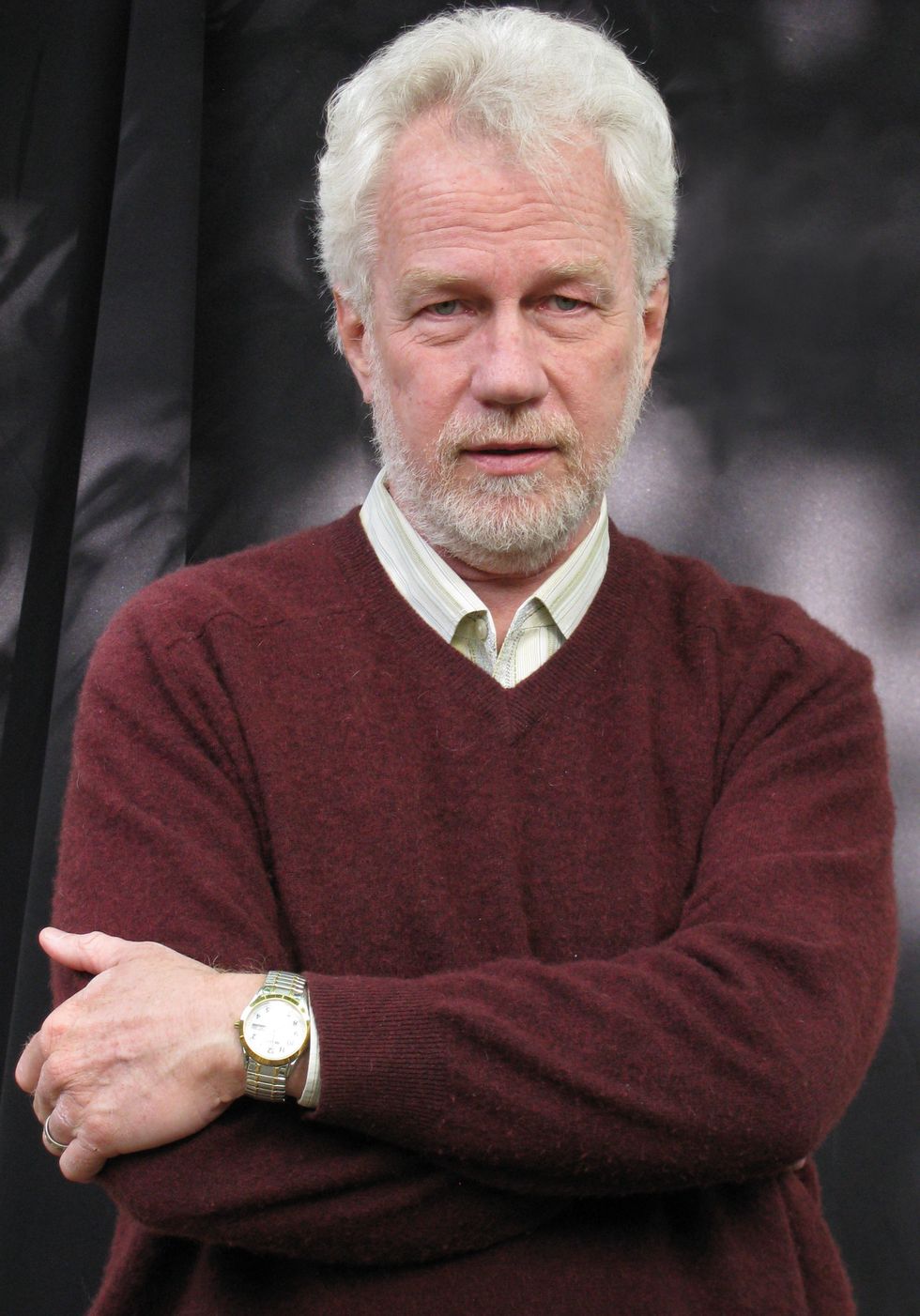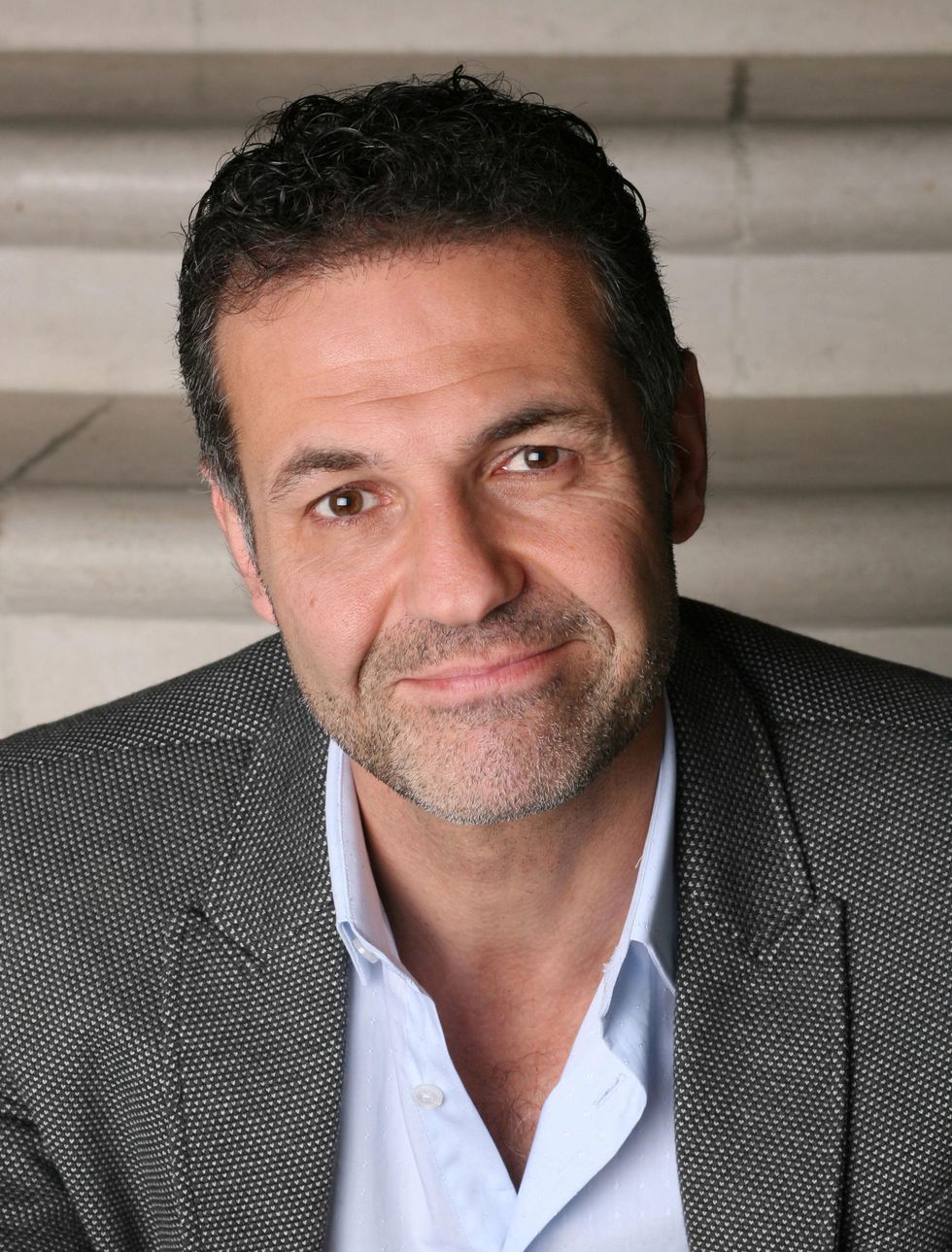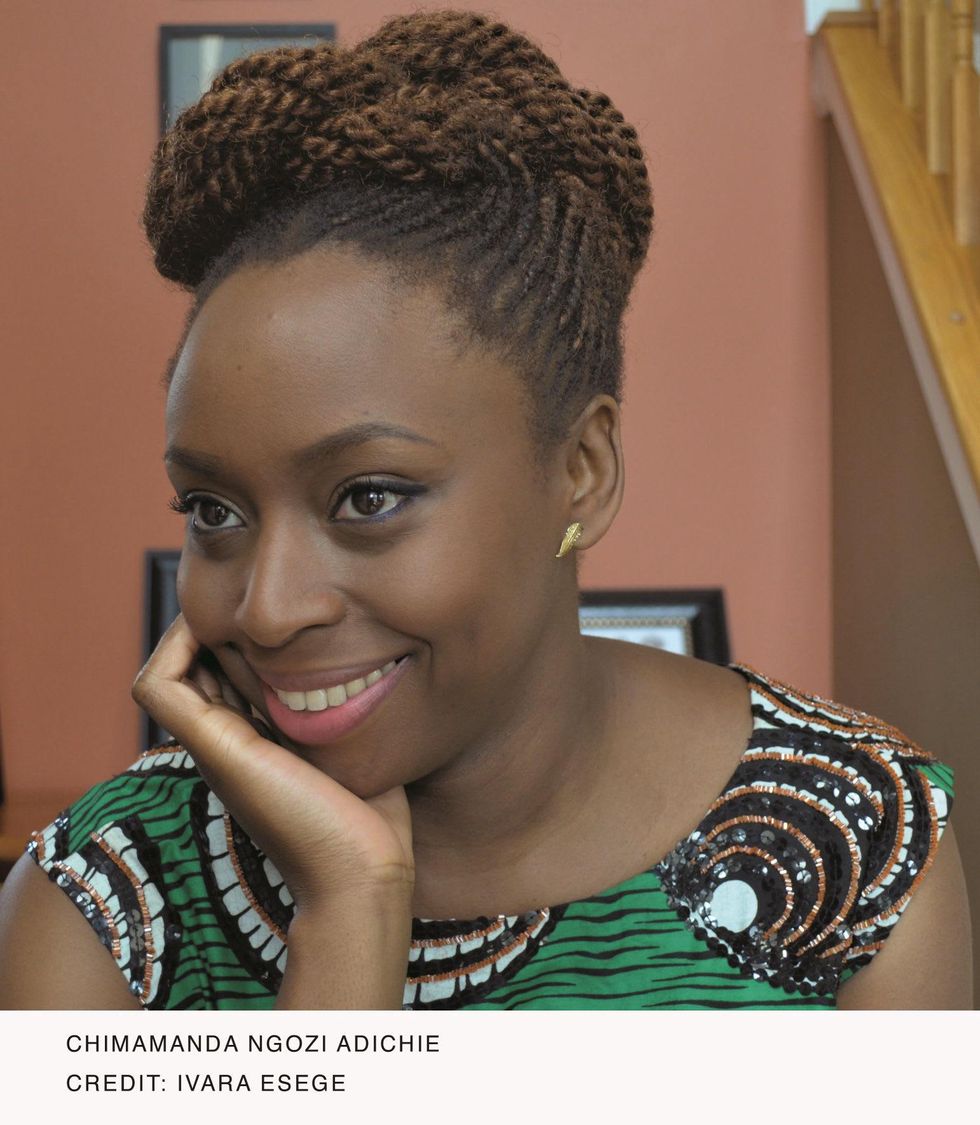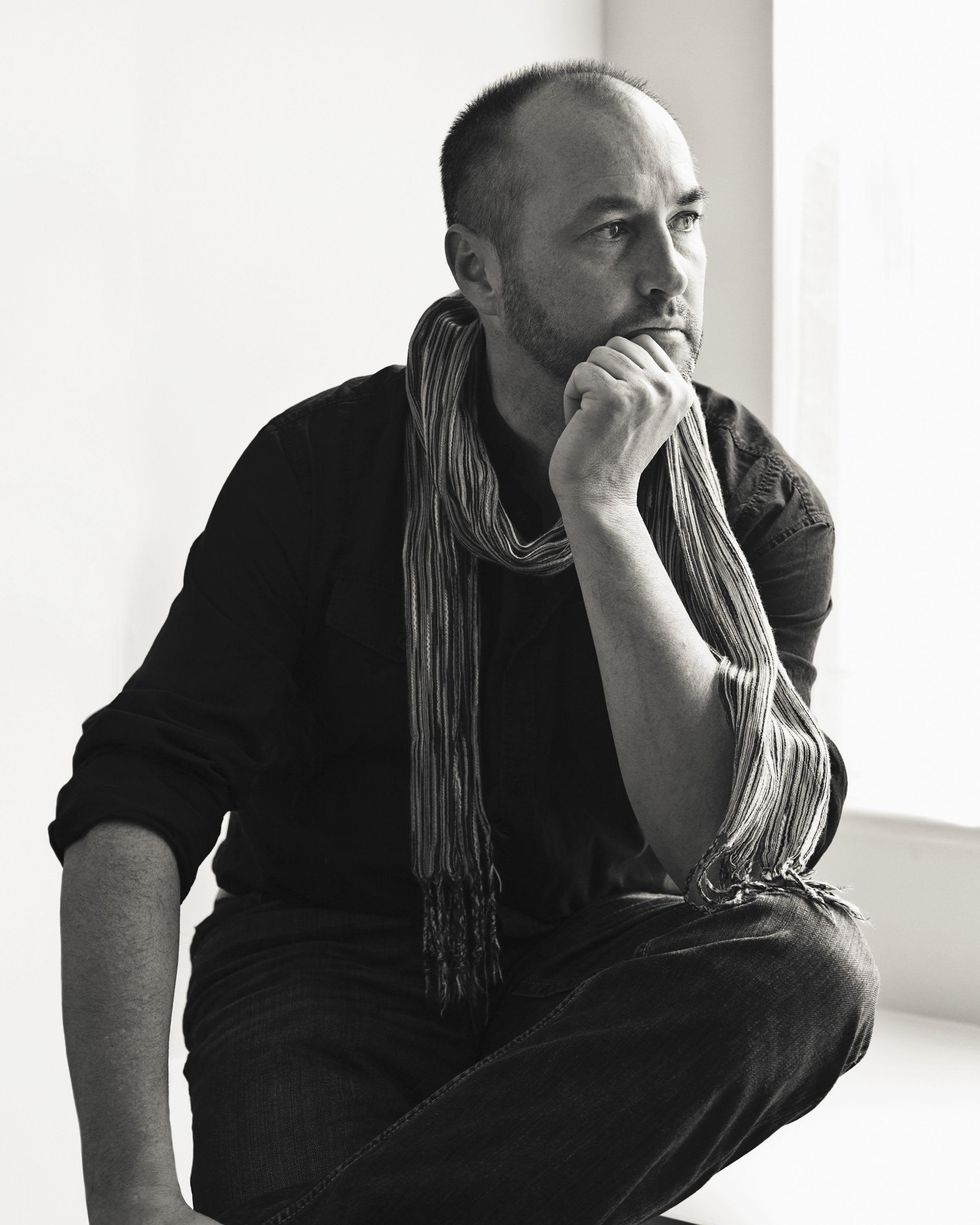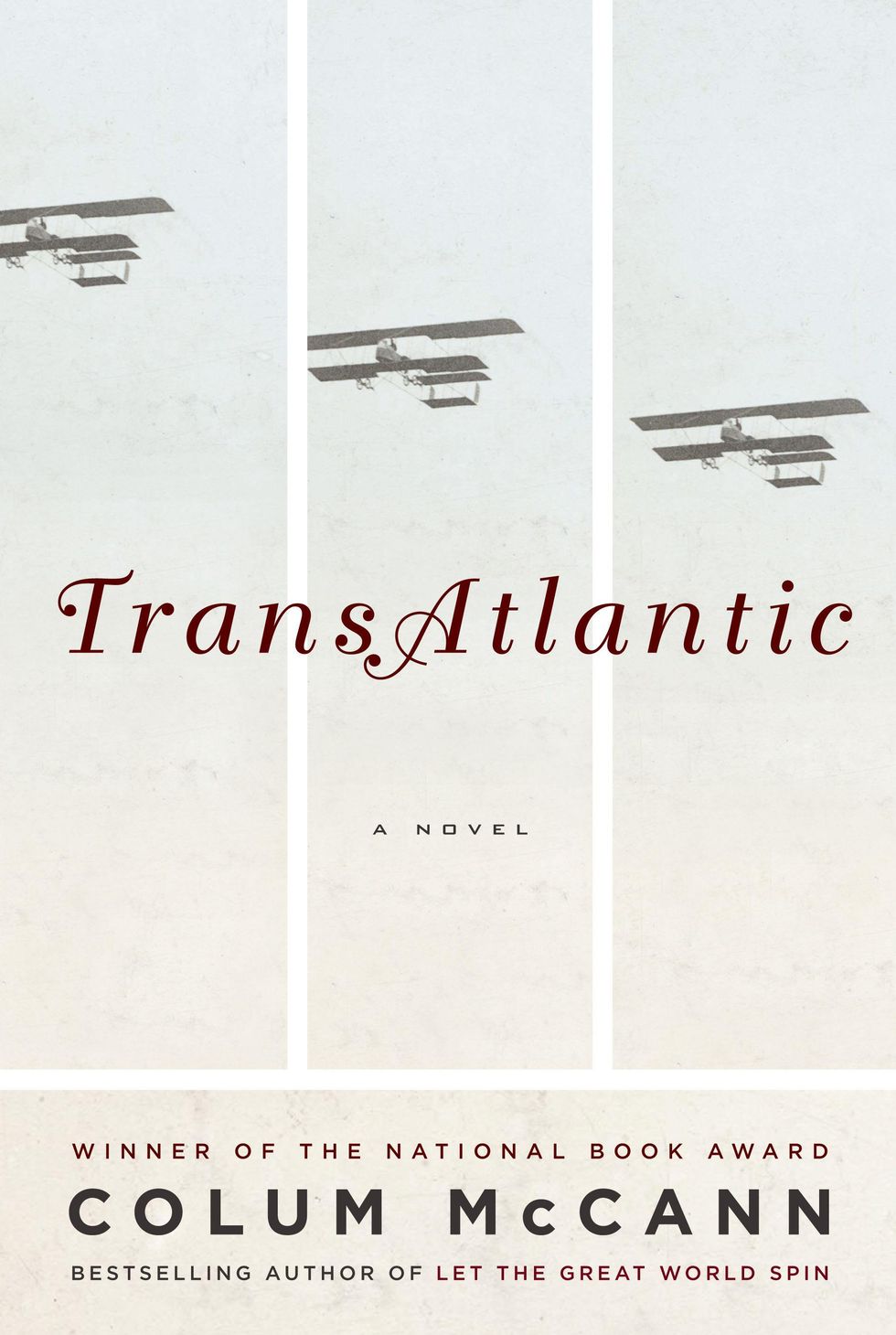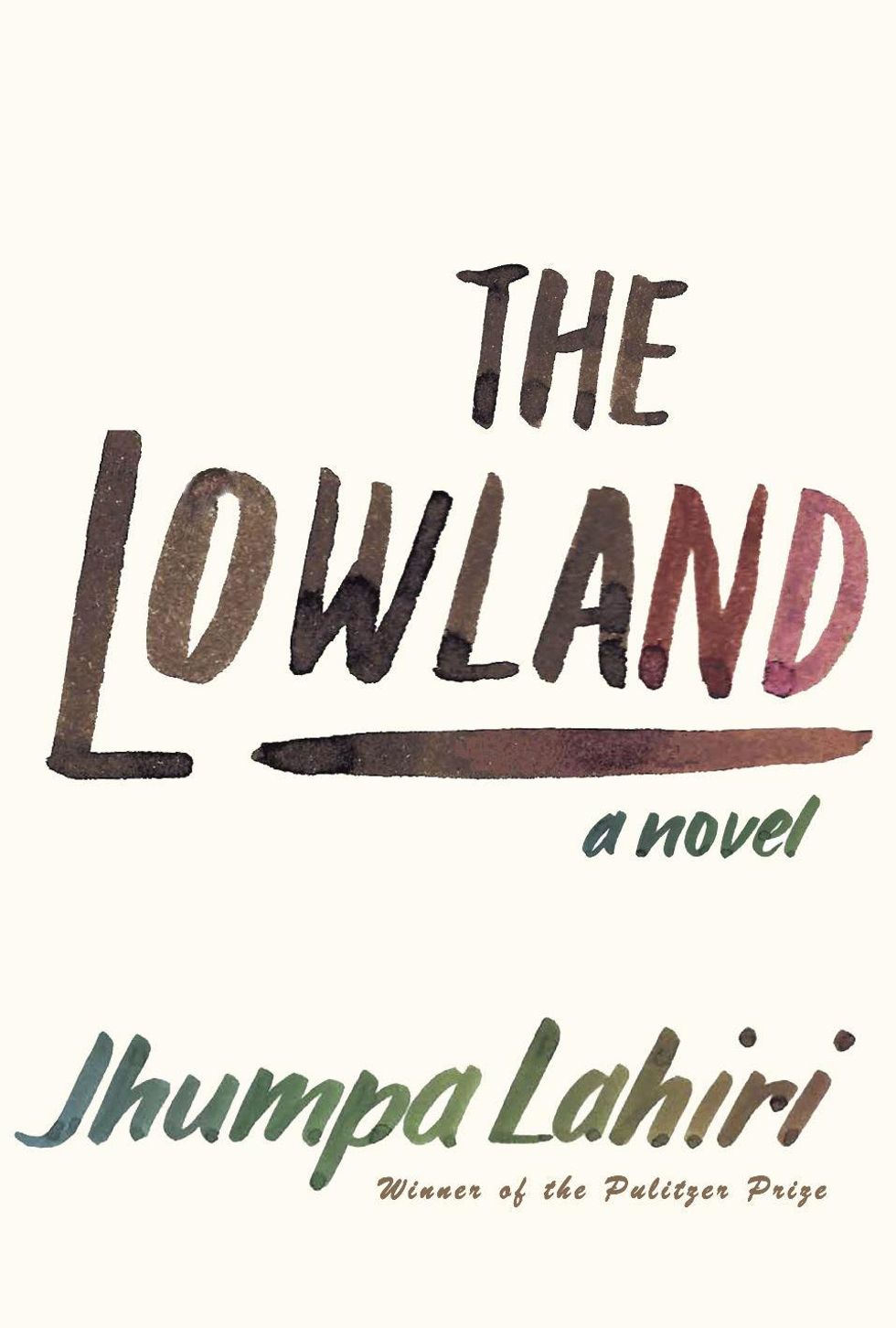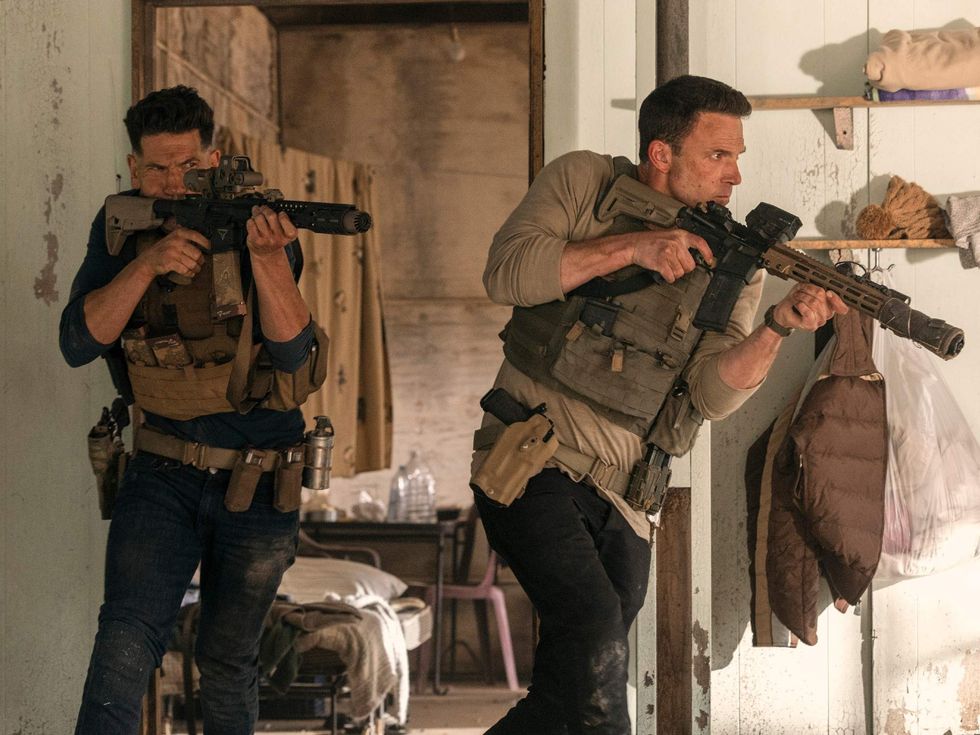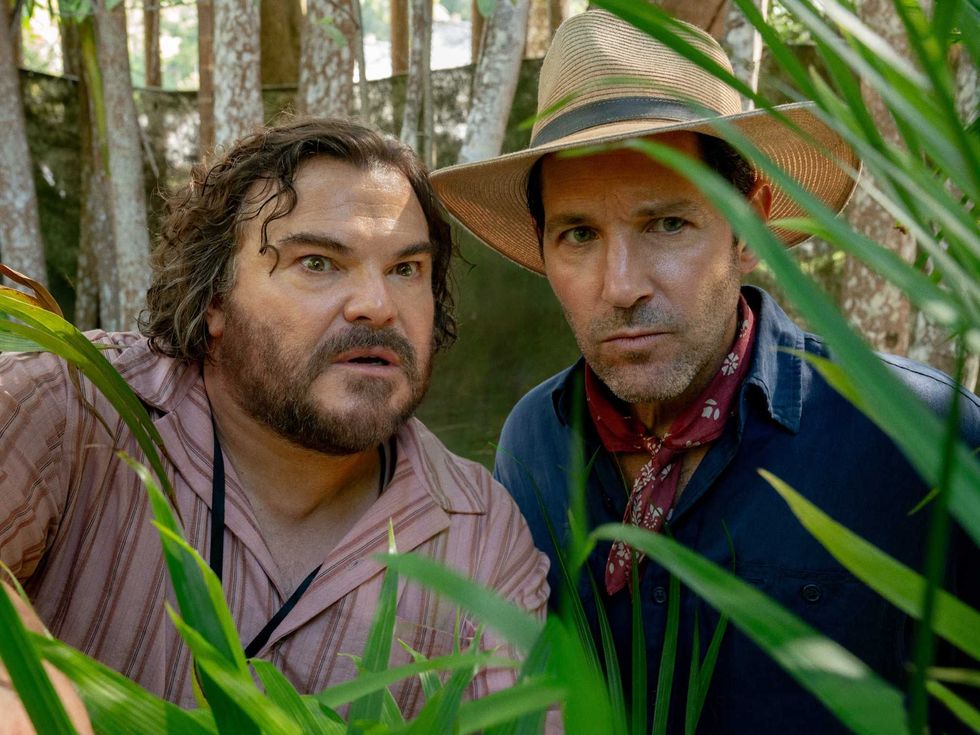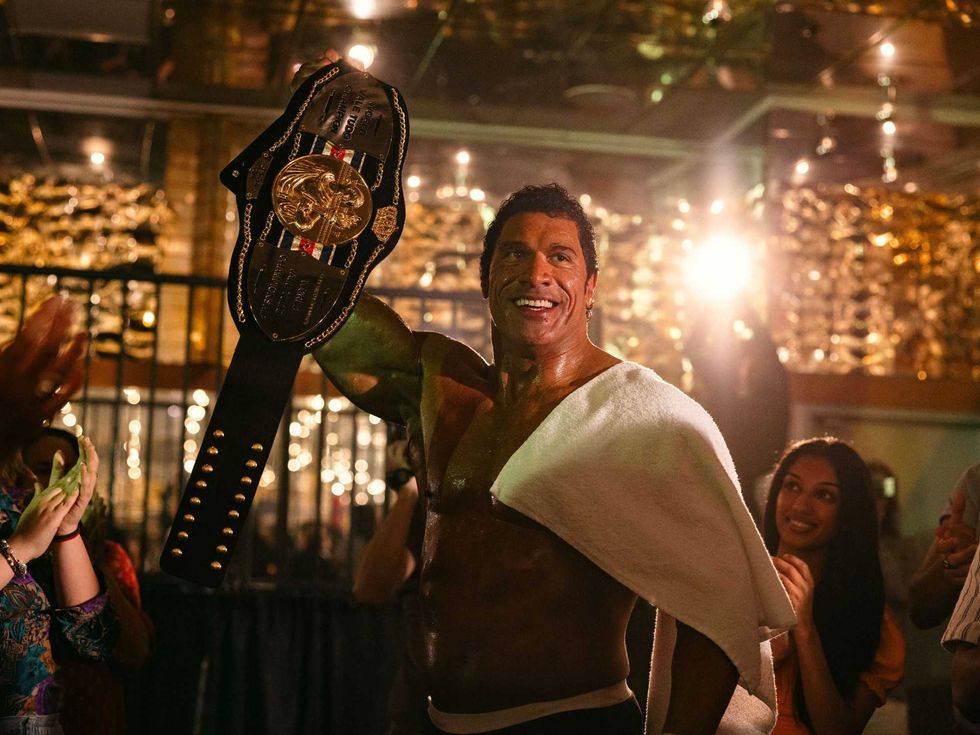Book Talk
Inprint's literary world tour begins at home: UH novelist Robert Boswell explores Tumbledown lives
There’s been no summer rest for Inprint, Houston’s wickedly good literary arts organization. It seems like it only just ended the 30th anniversary season of the Margarett Root Brown Reading Series a few months ago, probably because it just did, with a special party and reading by James Salter in May.
Yet, Inprint is already beginning its 31st season this month in order to accommodate an author schedule bursting at the bookbinding seams.
With award winning novelists Khaled Hosseini, Jhumpa Lahiri, Chimamanda Ngozi Adichie and Colum McCann, on the roster — and that’s just for the first half of the season — it’s no wonder the full 2013-2014 season subscriptions have already sold out. McCann and Lahiri’s books are contenders for the next Booker Prize, so book lovers without season tickets might want to plan ahead to purchase general admission early. The first reading, featuring James McBride and Robert Boswell, sold out a week ago.
The season is set to be a kind of literary world tour with books and authors taking readers to Afghanistan, Ireland, India, Peru, Pakistan, and Nigeria.
The season is set to be a kind of literary world tour with books and authors taking readers to Afghanistan, Ireland, India, Peru, Pakistan, and Nigeria while introducing them to a multitude of voices over many generations. Before the global flight takes off however, Inprint begins much closer to home with celebrated author and University of Houston professor Boswell. Yet, this seasonal theme of many voices/many stories is also apparent in his new book, Tumbledown.
The novel is set in and around a California rehabilitation and therapeutic center, focusing especially on one therapist James Candler, whose career rise disguises a personal life that is falling into chaos, and the lives of his patients who participate in a therapeutic work program together.
Who should readers trust?
One aspect of Boswell’s novel that is getting critical attention is his literary experimentation with an “unreliable omniscient” third-person narrator. As readers, we sometimes expect that we might not be able to believe that a first person “I” narrator will always tell us the objective truth. He or she just might have something to hide from us. But we’ve been trained since our first “Once upon a time” that the godlike, all-seeing narrator is ever trustworthy.
Boswell wants to put an end our blind trust.
One aspect of Boswell’s novel that is getting critical attention is his literary experimentation with an “unreliable omniscient” third-person narrator.
“I think there’s all kinds of unreliable omniscience in our lives,” he explained to me recently in an interview about the book. “We treat all kinds of technological devices as if they were omniscient even though we know they’re not. We treat various things in the media as if they were absolutely reliable sources of news. The truth, and we know it, is they’re not omniscient and all kinds of biases are built in.”
Boswell’s ideas about whether we should trust the authority of the omniscient narrator came from personal experience in his twenties when he worked as a counselor, much like his character James Candler. These questions about omniscience “grew out of the reports” he was writing as an evaluator.
“I felt they (the client evaluations)were often treated as if they were omniscient when I knew they were far from all knowing,” he says.
Therapy vs. Writing
Besides being a former counselor himself, a novelist and nonfiction author, Boswell is a respected teacher who, along with his wife and fellow author Antonya Nelson, spends the spring semester at UH and has led workshops at many writing programs around the country.
“I think that anytime people are together in some kind of forced intimacy that certain kinds of human behavior emerge and they have things in common."
Some of the most humorous and lively scenes in the book take place in a sheltered workshop where some of Candler’s patients gain assembly line experience folding and packaging pantyhose for a local business. These scenes as well as Boswell’s own experience as a both a counselor and teacher made me wonder if there’s any similarities between teaching writers and evaluating and counseling patients.
“I think that anytime people are together in some kind of forced intimacy that certain kinds of human behavior emerge and they have things in common,” he says and notes that for workshops in general. “Even though everyone is doing more or less the same thing, personality emerges and the way personality emerges is fascinating.”
However, in any creative process, intend is what matters. “Anytime you have people together, talking seriously, there’s some overlap. I believe writing can be therapeutic, but its intent is always to try to create a work of art,” he explains.
And what of those writers whose intent it is to create art in Houston? Boswell thinks they and a faculty where everyone pretty much likes each other is what makes the UH program distinctive.
“We get absolutely amazing writers,” he says. “We’re also pretty careful to get people who are good eggs. They’re great people to work with. They’re generous and despite their talent they’re not egomaniacs.” He also observes many of those writers also surprise themselves by their reaction to Houston.
“It’s a big, lively, diverse, progressive city and people fall in love with it. I’ve fallen in love with it.” And for Boswell the wealth of arts help to fuel more art.
“There are great visual arts, wonderful museum, a great theater scene. I go to plays almost every weekend down there. I think it’s a great place to be a writer.”
Robert Boswell and James McBride open The Inprint Margarett Root Brown Reading Series on Monday (Aug. 26) at 7:30 p.m. in The Hobby Center’s Zilkha Hall.
